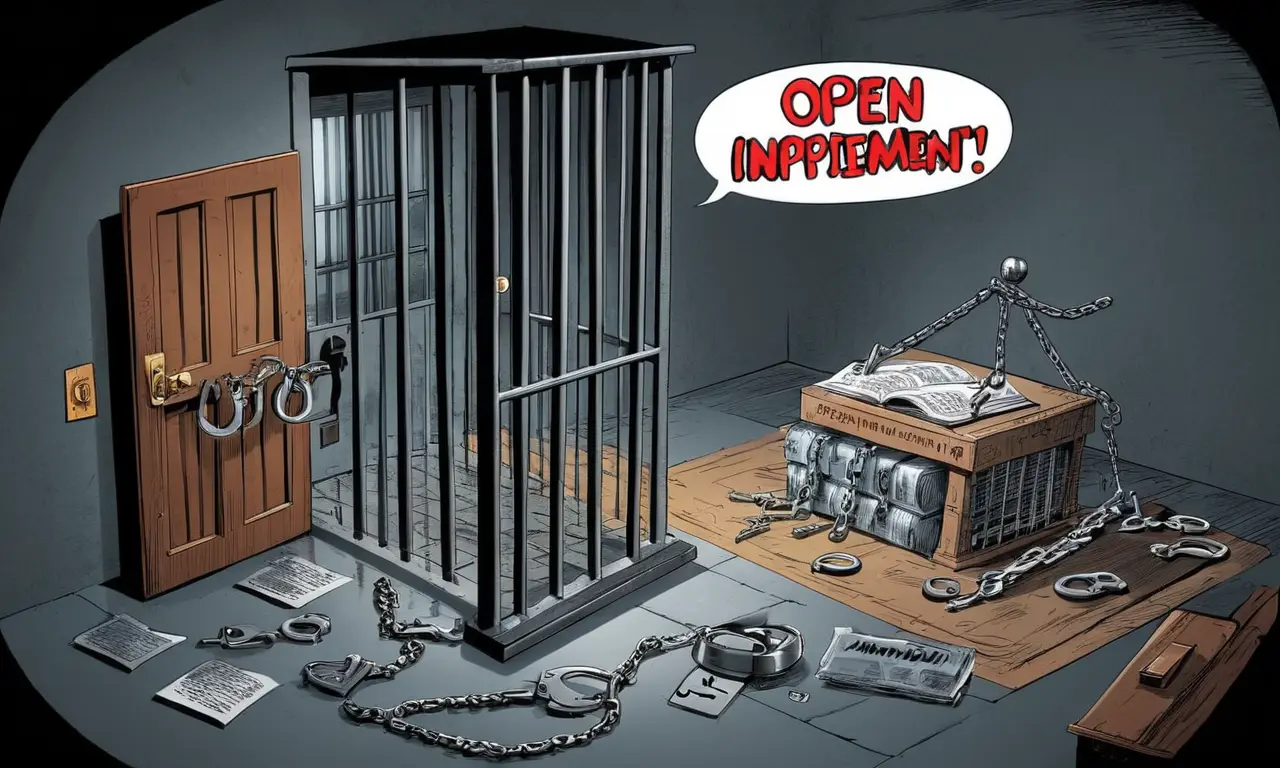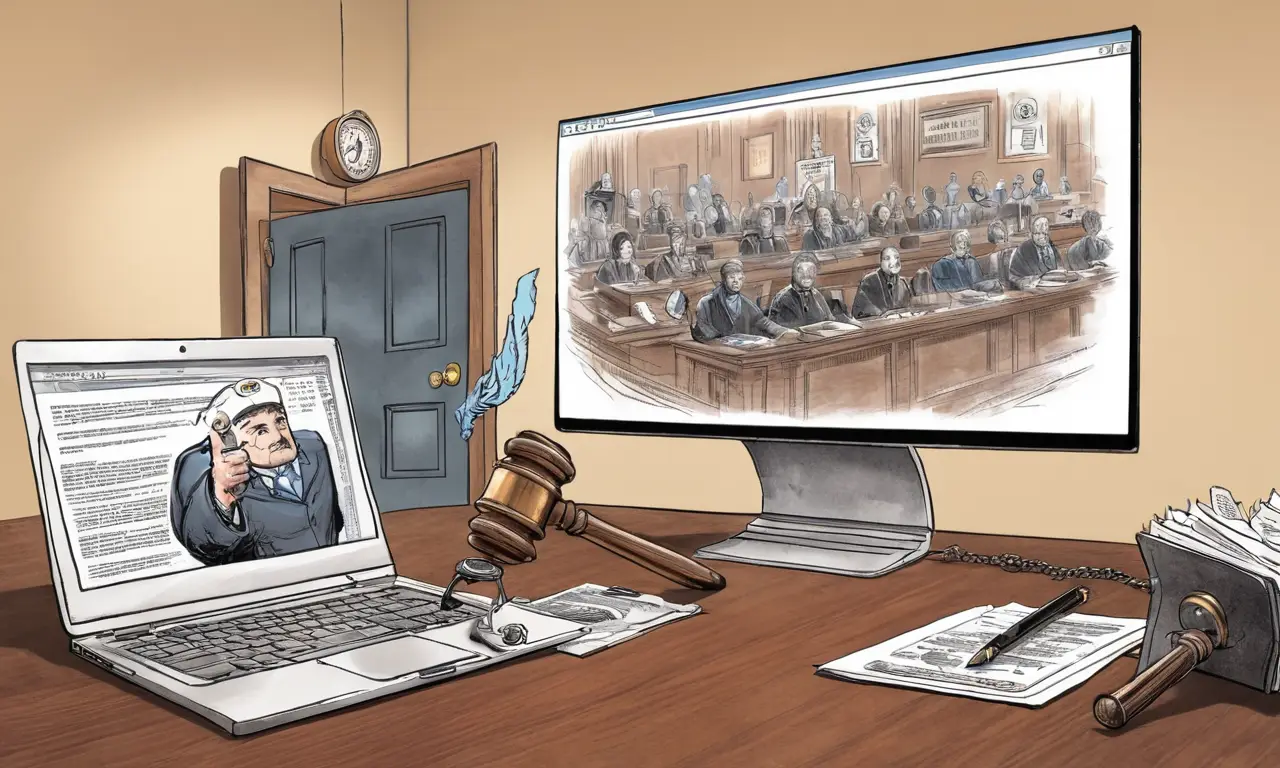The question of whether blocking someone from leaving is illegal is a complex one, often shrouded in gray areas. While it might seem straightforward on the surface, the legality hinges on numerous factors, including the specific circumstances, the relationship between the parties involved, and the applicable laws in your jurisdiction. This article aims to shed light on this intricate legal issue, exploring the nuances of unlawful imprisonment, legal exceptions, and the importance of seeking professional legal advice.
This guide will delve into the legal ramifications of blocking someone from leaving, examining the concept of unlawful imprisonment and its various elements. We’ll also discuss specific legal exceptions that may justify restraining someone, such as parental custody rights and protective orders. By understanding these complexities, you can better navigate this sensitive situation and make informed decisions.
Is Blocking Someone Illegal?
Generally speaking, is it illegal to block someone from leaving? The answer is often yes. Blocking someone’s exit against their will constitutes a form of restraint, which can be classified as unlawful imprisonment or false imprisonment under the law. These offenses are criminal in nature and carry significant penalties depending on the severity of the situation and the jurisdiction.
Unlawful imprisonment typically involves intentionally confining another person without their consent and against their will. This confinement doesn’t necessarily require physical barriers; it can also involve threats, coercion, or manipulation that effectively prevents someone from leaving freely. False imprisonment, on the other hand, often focuses on the intent to confine someone unlawfully, even if the confinement is brief or the individual ultimately escapes.
Unlawful Imprisonment Laws

Unlawful imprisonment laws vary across jurisdictions, but they generally share common elements. To establish a case of unlawful imprisonment, prosecutors typically need to prove:
- Intent: The defendant acted intentionally to restrain the victim.
- Confinement: The victim was physically confined or restrained against their will.
- Lack of Consent: The victim did not consent to being confined.
- Awareness of Confinement: The victim was aware that they were being confined.
The severity of the charges and potential penalties often depend on factors such as the duration of the confinement, the use of force or threats, and any injuries sustained by the victim.
Legal Exceptions to Blocking Someone

While blocking someone from leaving is generally illegal, certain legal exceptions may justify restraint in specific circumstances. These exceptions are carefully defined by law and require strict adherence to legal procedures.
Parental Custody and Restraint
Parents have a legal duty to care for their children and ensure their safety. In some cases, this may involve temporarily restraining a child to prevent harm to themselves or others. However, parental restraint must be reasonable and proportionate to the situation. Excessive force or prolonged confinement without justification can constitute unlawful imprisonment.
Protective Orders
Protective orders are court-issued legal documents designed to protect individuals from domestic violence, harassment, or stalking. These orders may prohibit specific actions, such as contacting the protected person or coming within a certain distance of their residence or workplace. Violation of a protective order is a serious offense and can result in arrest and imprisonment.
Conclusion
Determining whether is it illegal to block someone from leaving is a complex legal issue that requires careful consideration of various factors. While generally unlawful, specific exceptions exist under the law, such as parental custody rights and protective orders. It’s crucial to understand these nuances and seek legal advice if you find yourself in a situation where someone’s freedom of movement is at stake. Consulting with an attorney can help you navigate this sensitive matter and ensure your actions comply with the law.
